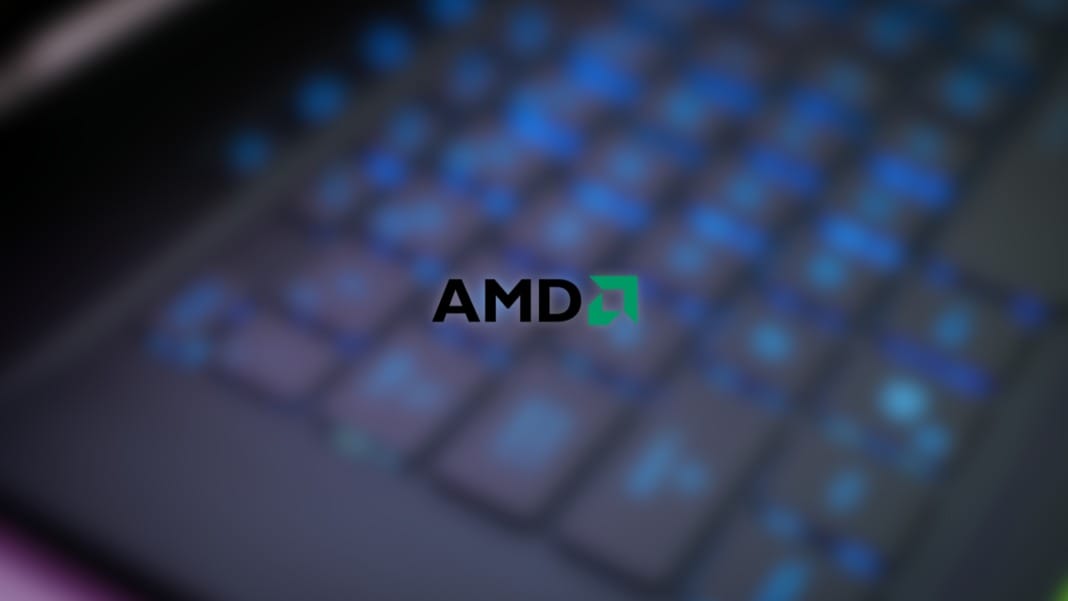AMD has once again made a significant leap in the world of high-performance computing (HPC). At Supercomputing 2024, the company revealed that its El Capitan supercomputer, located at Lawrence Livermore National Laboratory (LLNL), has been crowned the world’s fastest supercomputer. With an impressive High-Performance Linpack (HPL) score of 1.742 exaflops, El Capitan now holds the top spot on the Top500 list, marking the second AMD-powered supercomputer to surpass the exascale barrier.
Built by Hewlett Packard Enterprise (HPE), El Capitan is powered by AMD Instinct MI300A Accelerated Processing Units (APUs), a system that combines CPU and GPU cores with stacked memory into a single package for extraordinary performance and efficiency. This marks a key milestone for AMD in its drive to set new standards in HPC, as it also claimed the 18th and 22nd positions on the Green500 list for energy-efficient supercomputing.
“We are thrilled to see El Capitan become the second AMD-powered supercomputer to break the exaflop barrier and become the fastest supercomputer in the world,” said Forrest Norrod, AMD’s Executive Vice President and General Manager. He further highlighted that the collaboration between AMD, LLNL, and HPE was key to this achievement.
El Capitan’s role in national security and scientific research
El Capitan’s primary purpose is to support the National Nuclear Security Administration’s mission, especially in the area of nuclear deterrent safety, security, and reliability. It will help the NNSA carry out large-scale simulations and research without testing nuclear weapons. Rob Neely, director of LLNL’s Advanced Simulation and Computing programme, explained that El Capitan’s immense computational power will be crucial in performing high-fidelity 3D simulations to address complex scientific challenges.
The machine’s capabilities extend beyond nuclear research. According to Bronis R. de Supinski, LLNL’s Chief Technology Officer for Livermore Computing, the combination of AI and traditional simulation models will unlock new discoveries in fields like biosecurity, climate research, and even fusion energy. El Capitan’s hybrid approach allows AI to complement traditional HPC workloads, which will further revolutionise scientific exploration.
AMD’s leadership in the HPC and AI space
AMD’s position as a leader in the HPC and AI space is further reinforced by its recent work with other major projects. El Capitan follows the success of Frontier, another AMD-powered supercomputer housed at Oak Ridge National Laboratory, which also broke the exascale barrier with 1.35 exaflops of performance. Frontier continues to aid in tackling scientific problems in materials science, climate modelling, and biomedical research.
The recent launch of AMD’s EPYC 9005 Series processors also marks a significant achievement for AMD in the server and cloud computing markets. These processors, designed to accelerate AI and HPC workloads, have delivered up to 37% better generational performance, offering faster insights for enterprises and scientific applications.
Additionally, the collaboration between AMD and IBM will bring AMD Instinct MI300X accelerators as a service on IBM Cloud by mid-2025. This service aims to further boost performance and power efficiency for AI models and high-performance computing applications, including use cases in AMD’s watsonx AI and data platform.
El Capitan’s groundbreaking achievements underscore AMD’s unwavering commitment to pushing the boundaries of what is possible in computing. As the only company to power multiple exascale supercomputers, AMD continues to lead the way in shaping the future of both scientific and AI research.





